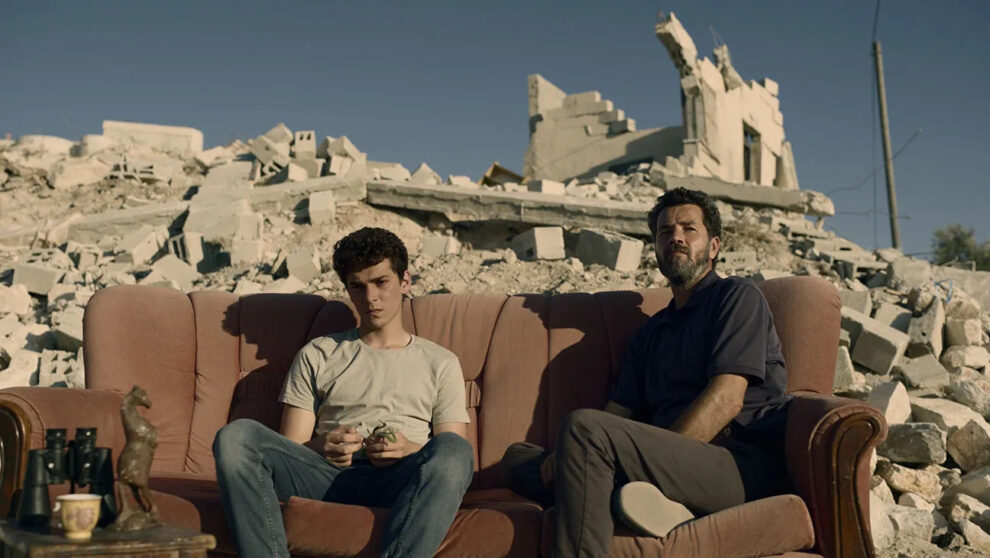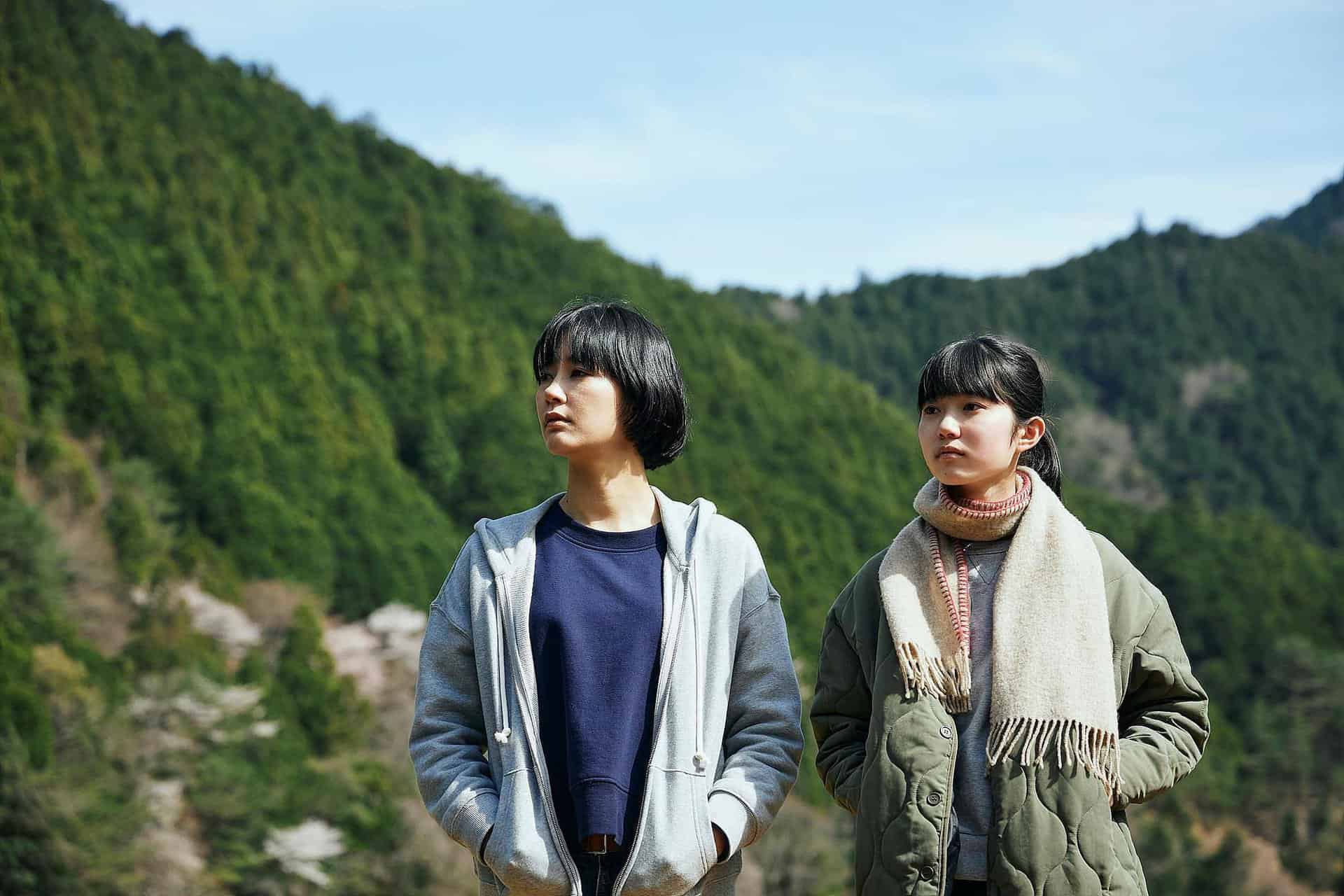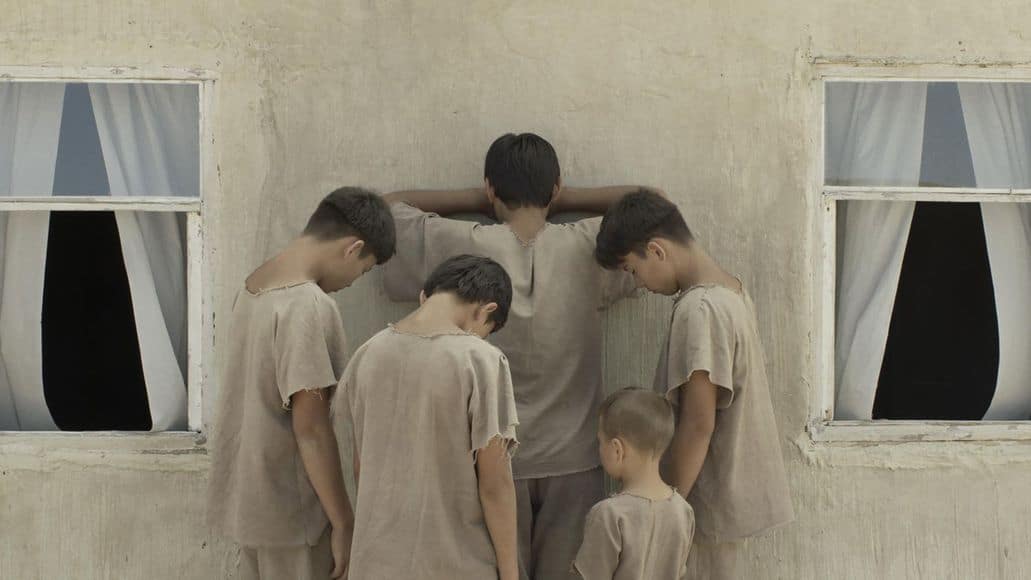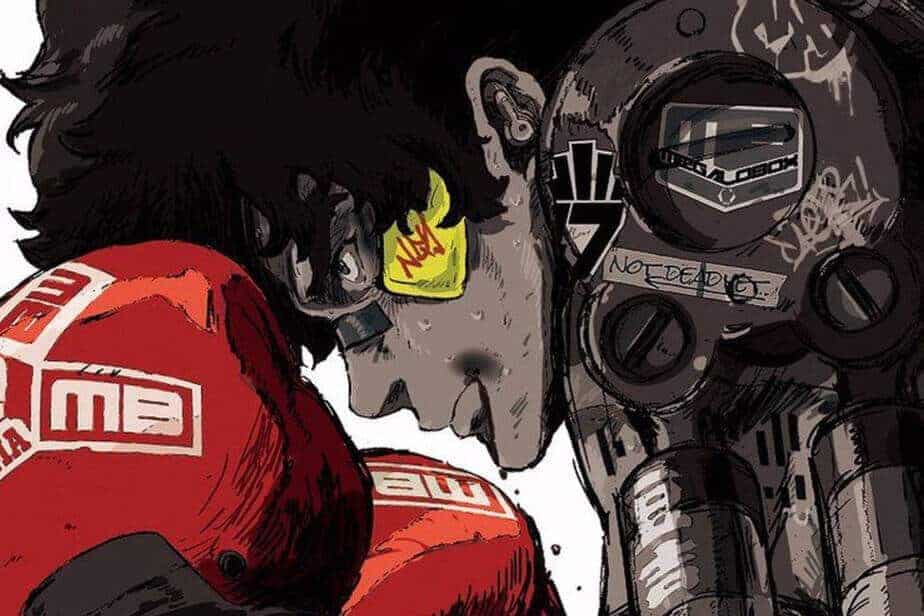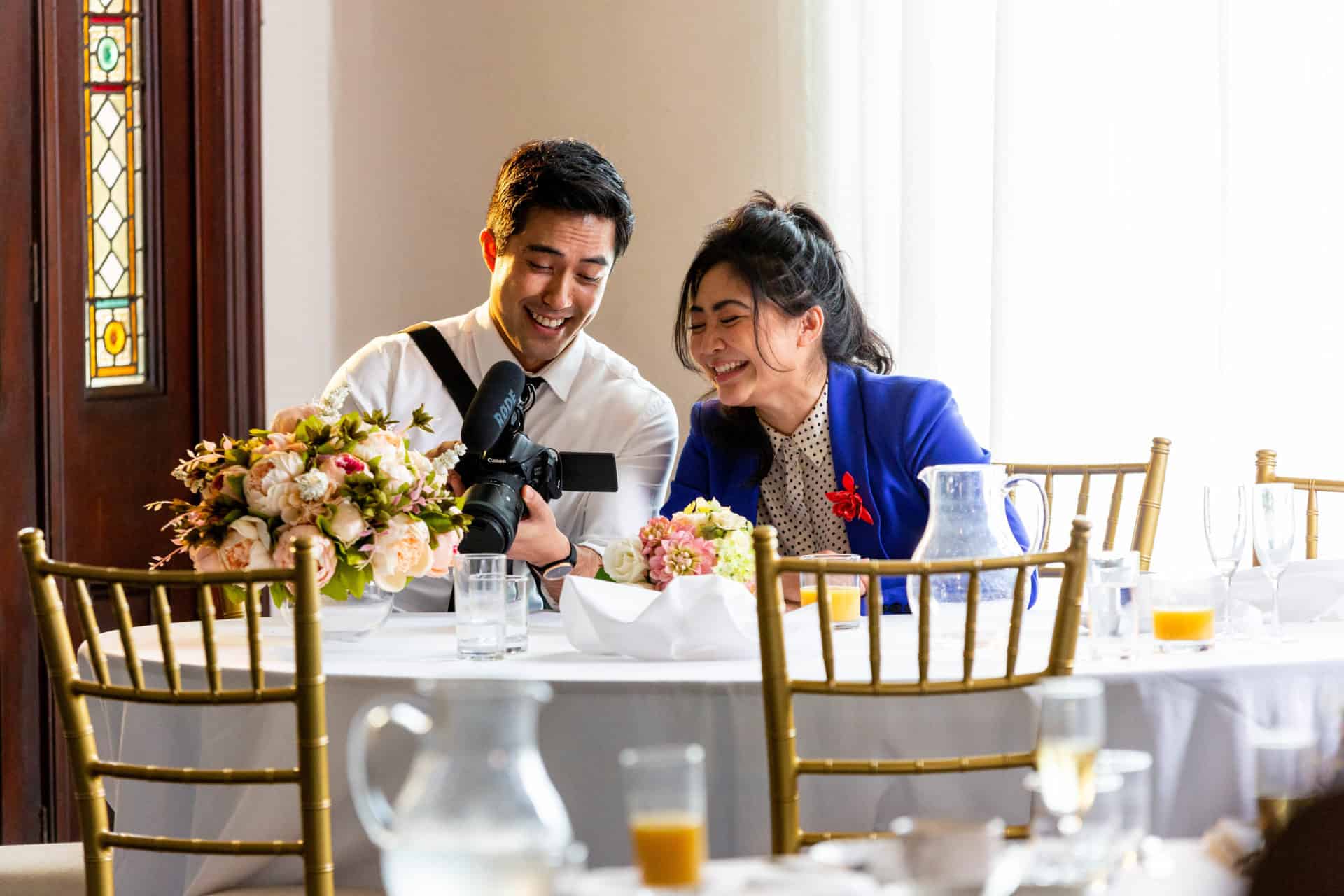British-Palestinian filmmaker Farah Nabulsi returns to her roots by shooting a film entirely in Palestine, particularly in Burin over three months, in an effort to highlight the issues the people in the area face.
The Teacher is screening at Red Sea Film Festival

Palestinian schoolteacher Basem grapples with loss after a tragic event involving his son, channeling his grief on helping his students, and particularly two brothers who come from the same village he does: Yakoub, who has just been released after two years detention in a military prison and currently acts as his brother's, Adam, “bodyguard”, with the latter being the brains and him the muscles as he so eloquently mentions in one of the first scenes of the movie. Lisa, a new social worker, also tries to help Yakoub, which is what brings her closer to Basem. At the same time, a high-profile American attorney and his wife seek the return of their son, an Israeli soldier held captive by a Palestinian resistance group. The group's demand for a prisoner exchange creates tensions with authorities, intensifying the search for the soldier and drawing Basem and Adam's neighborhood into turmoil. It is an unrelated tragic incident, however, that brings the pressure towards everyone involved to a boiling point.
Farah Nabulsi directs a film that has a specific goal, of highlighting the injustices the Palestinians suffer under the Israeli Occupation Forces, in all its glory. Having their houses torn down and asked to pay for the demolition is just the beginning, as we watch Israeli judges failing to give justice to any Palestinian claim, while imprisoning youths even for participating in demonstrations against Israel. The suffering of these tormented people permeates the narrative, essentially justifying their own violence as a reaction to oppression.
At the same time, the role of the teacher, who desperately tries to prevent his students from getting imprisoned or even killed, emerges as heroic, with Saleh Bakri as Basem having a role that allows him to shine in the best fashion, and him delivering fully. At the same time, though, his character, in all its manifestations (teacher, lover, father figure, resistance fighter) does appear somewhat unrealistic after a point, in a style frequently met in Hollywood. The same applies to his relationship with the social worker, who happens to be a beautiful blonde searching for someone to show her the ropes, with their arc essentially emerging as completely disconnected from the rest of the narrative, even if both Bakri and Imogen Poots's acting is on a high level.
The same applies to the kidnapped soldier arc, with the drama of his parents being particularly weak, essentially appearing as a misplaced effort to show that tragedy also hits the other side. Lastly, the finale, if satisfying considering the progression of the story, does appear excessively ideal, even if the last scene tones down this element significantly.
All the other elements of the movie, though, are on a rather high level. Mahmood Bakri as Yacoub and Muhammad Abed El Rahman as Adam are both impressive, with their dramatic scenes being as impactful as the few they exhibit their sense of humor. Gilles Porte's cinematography captures the particular location, as much as the rest of the areas the story takes place in with realism and artistry, with a number of his images definitely staying on mind, both due to their beauty and their brutal realism. Mike Pike's editing results in a relatively fast pace that suits the overall aesthetics here, while the combination of the two, particularly in the raid sessions, allow the tension to soar, in one of the most appealing aspects of the movie.
Even if a bit too much of the western view on the events, “The Teacher” emerges as a beautiful, meaningful film that shows quite accurately how the circle of violence is created and keeps erupting in the area.


